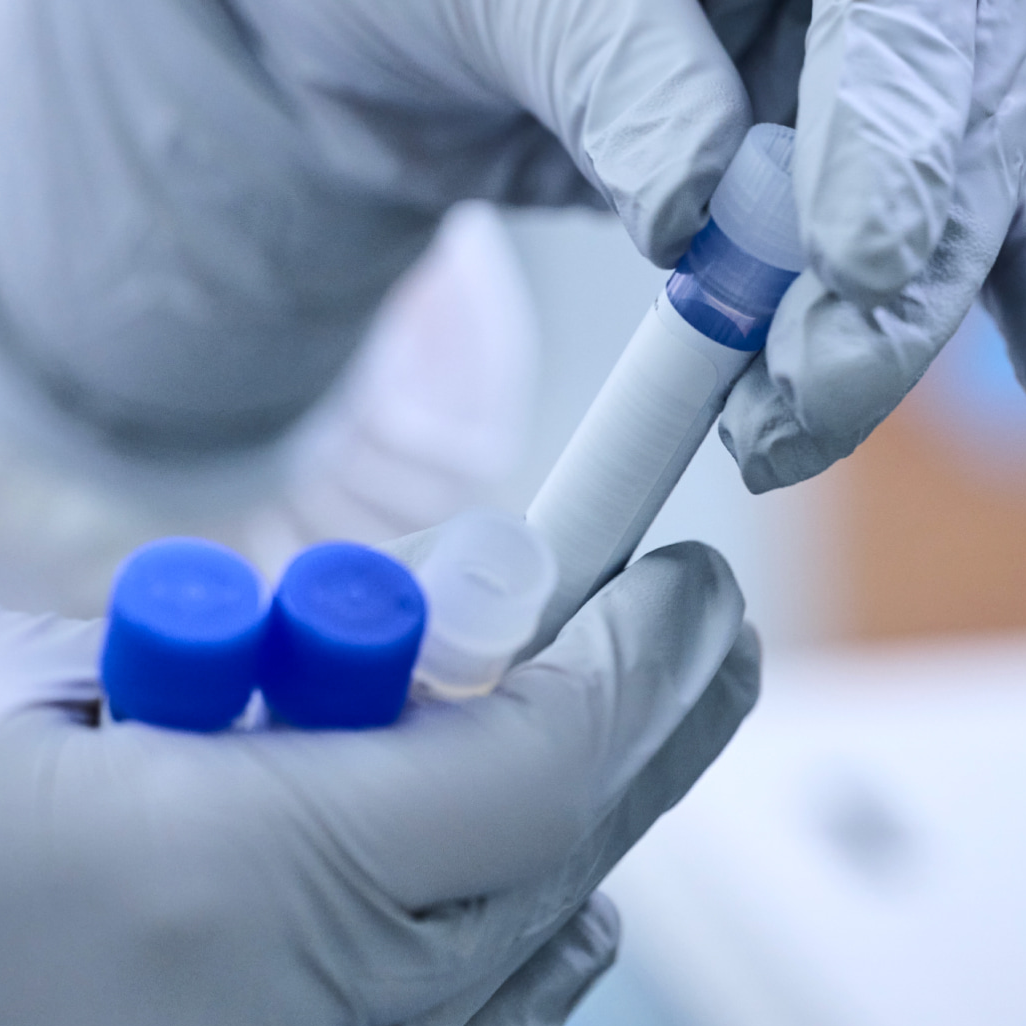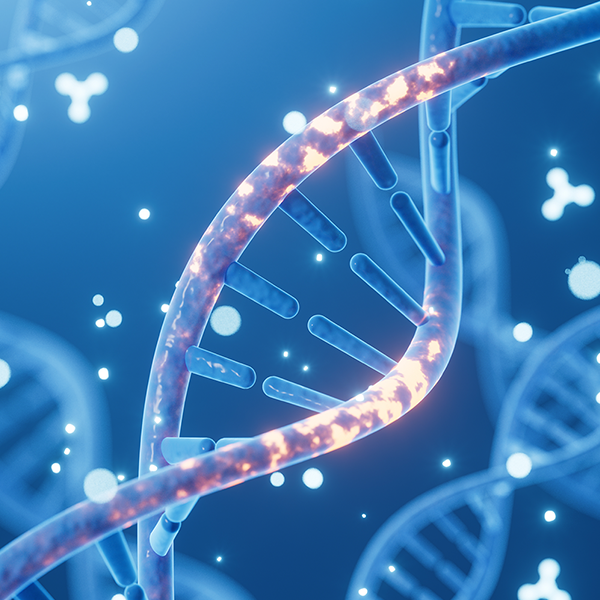-

How Genetic Variation, Gender Play Out in Olympics
ROCHESTER, Minn. — June 4, 2012. With the 2012 Summer Olympics fast approaching, two Mayo Clinic researchers have penned a timely and thought-provoking editorial in the June issue of Mayo Clinic Proceedings that explores genetic variation and how it plays out in professional athletic competition.

The authors, Mayo Clinic's J. Michael Bostwick, M.D. and Michael Joyner, M.D., argue that fairness in athletic competition is not defined in terms of everyone being equal. The reality, they say, is that athletes need a great deal of practice and exercise, but also certain athletic endowments that make it possible to achieve at a high level.
The editorial analyzes the recent case of Castor Semenya, a South African female runner disbarred from competition after she won the 800-meter race at the world championships in Berlin in 2009. Semenya was temporarily banned from competing because some argued she looked too much like a man, even though she had never identified as a man or been treated as one; she later was reinstated.
"There really is no fast and hard definition of what constitutes a male and what constitutes a female," Dr. Bostwick says. "Nature is diverse, and there is variation of all kinds that can occur. It becomes a real challenge when we have an athletic system that is set up on a binary understanding of sex — you are either a man or a woman."
Any advantage Semenya's physique gives her is no different from many other competitive athletes, Bostwick and Joyner say. A few examples:
- Swimmers with long arms, large feet and lax joints.
- Skiers who have a high oxygen-carrying capacity.
- Gymnasts who are small, limber and young.
"The notion that somehow elite athletes are like the rest of us seems to me to be ridiculous, quite frankly," Bostwick says. "We may aspire to be like them, but more likely we're going to be their fan and be amazed at what they can do with attributes that we don't personally possess."
To interview Bostwick or Joyner about the piece or the Olympics, email Nick Hanson at hanson.nick@mayo.edu.
###
About Mayo Clinic:
Recognizing 150 years of serving humanity in 2014, Mayo Clinic is a nonprofit worldwide leader in medical care, research and education for people from all walks of life. For more information, visit 150years.mayoclinic.org, www.mayoclinic.org and newsnetwork.mayoclinic.org.
Media Contact: Nick Hanson, 507-284-5005 (days), newsbureau@mayo.edu







